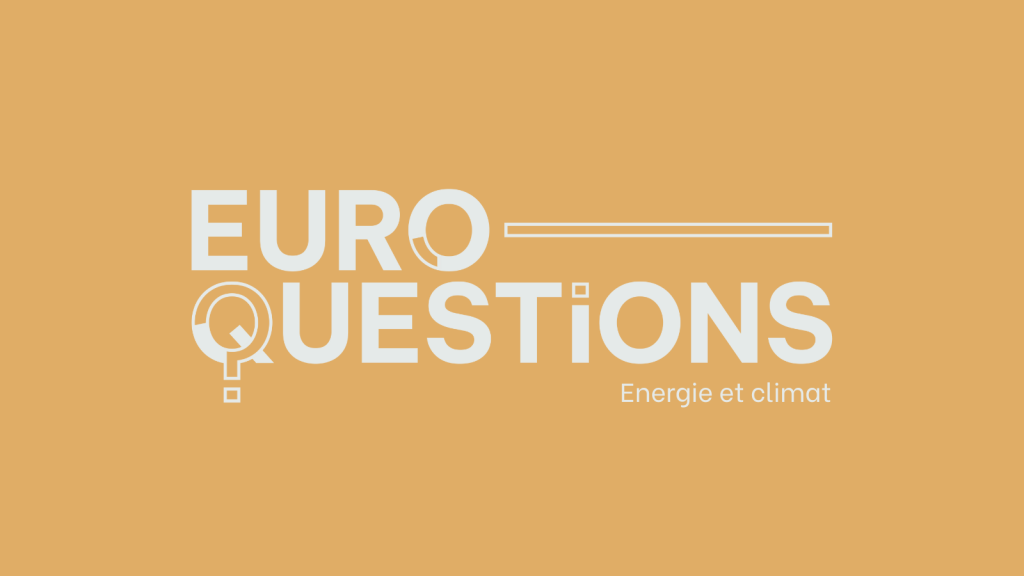Euroquestions #69 | Pour une Union de l’énergie 2.0. pour réaliser le Pacte vert

Depuis le lancement du Green Deal européen en décembre 2019, l’UE a dû faire face à une succession de crises en plus de l’urgence climatique : Covid-19, guerre en Ukraine, inflation. Elle doit également répondre au plan américain IRA et faire face à sa dépendance aux matériaux stratégiques chinois. En quatre ans, l’UE a cependant été très active pour atteindre la neutralité climatique : adoption du pacquet Fitfor55, contribution aux investissements verts avec le plan de relance, lancement de REPowerEU et discussions sur la politique industrielle de l’UE en matière de technologies propres. Toutefois, l’UE est confrontée à des défis géopolitiques, économiques, sociaux et politiques croissants qui menacent la réalisation des objectifs de l’Union de l’énergie, à savoir atteindre la neutralité climat tout en préservant sa sécurité énergétique et en assurant des prix de l’énergie abordables. L’UE dispose déjà d’excellentes bases en matière de politique énergétique et climatique, mais ses instruments sont encore trop nationaux, trop temporaires, insuffisamment contraignants et ne contribuent pas suffisamment à la réalisation des objectifs de l’UE.
Dès lors, comment répondre à ces problématiques ? Comment préserver la solidarité et la coordination au niveau européen ? Avec quels financements et quelle gouvernance ? Et comment prendre en compte les contributions et préoccupations des citoyens européens ?
Nous avons le plaisir d’accueillir Camille Defard, cheffe du Centre énergie de l’Institut Jacques Delors qui présentera son rapport et ses recommandations.

